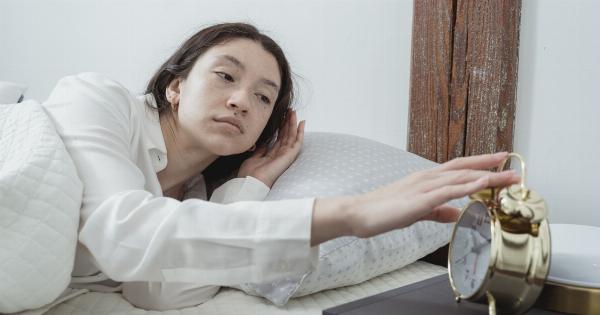Many women believe that breast cancer only affects those over the age of 50. However, this is far from the truth. Breast cancer can happen at any age, and it is important that women of all ages are aware of the signs and symptoms.
What is Breast Cancer?
Breast cancer is a disease that occurs when cells in the breast grow uncontrollably. In some cases, these cells can form a lump, known as a tumor.
While some tumors are benign (not cancerous), others are malignant (cancerous) and can affect nearby tissue and organs.
What Causes Breast Cancer?
There is no one cause of breast cancer, and it can happen to anyone. However, there are certain factors that can increase the risk of developing breast cancer, including:.
- Being female
- Age (risk increases as you get older)
- Family history of breast cancer
- BRCA1 or BRCA2 gene mutations
- Exposure to estrogen (including hormone replacement therapy)
- Alcohol consumption
- Obesity
Signs and Symptoms of Breast Cancer
It is important to know the signs and symptoms of breast cancer so that you can detect it early. Some common signs and symptoms of breast cancer include:.
- A lump or thickening in the breast or underarm area
- Pain or tenderness in the breast or nipple
- A change in the size or shape of the breast
- Dimpling or puckering of the skin on the breast
- A nipple that turns inward (inverted nipple)
- Redness or scaling of the nipple or breast skin
If you experience any of these symptoms, it is important to see your doctor immediately.
Breast Cancer in Women Under 40
While breast cancer is more common in women aged 50 and over, it can also occur in women under the age of 40. In fact, around 7% of all breast cancer cases occur in women under 40.
One reason why breast cancer is often overlooked in younger women is that they are not usually screened for breast cancer until the age of 50.
However, if you have a family history of breast cancer or have any concerns about your breast health, it is important to talk to your doctor. They may recommend that you start screening earlier or have more frequent screening.
What Can You Do?
There are several things that you can do to reduce your risk of developing breast cancer, including:.
- Maintaining a healthy weight
- Limiting alcohol consumption
- Avoiding exposure to estrogen (including hormone replacement therapy)
- Self-examining your breasts regularly
- Getting regular mammograms (if recommended by your doctor)
- Knowing your family history of breast cancer
- Talking to your doctor about any concerns you have about your breast health
The Bottom Line
Breast cancer can happen to anyone, regardless of their age. It is important that women of all ages are aware of the signs and symptoms and take steps to reduce their risk of developing breast cancer.
If you have any concerns about your breast health, talk to your doctor.























